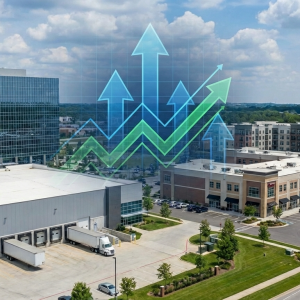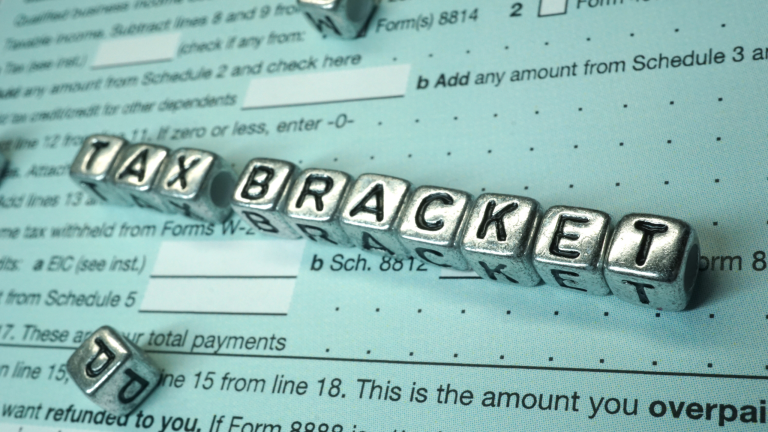-
Built-to-Rent Communities: Capitalizing on a Booming Market and Maximizing Tax Savings with Cost Segregation
The built-to-rent (BTR) sector has rapidly emerged as one of the most compelling opportunities in commercial real estate. What was once a niche market has transformed into a mainstream investment strategy, attracting institutional capital, private equity firms, and seasoned developers seeking stable returns in an evolving housing landscape. […]
See How We Saved Clients Millions with Detailed Case Studies
Latest Articles
View All-
Commercial Real Estate Outlook for 2026: Tax Changes and Strategic Opportunities for Investors
As we move into 2026, commercial real estate investors are […]
-
The Data Center Boom: How Smart Tax Strategies Can Maximize Your Investment Returns
The commercial real estate landscape is undergoing a dramatic transformation. […]
-
Cost Segregation Study for Rental Properties: Complete Guide for 2026
Many residential rental property owners are discovering the significant tax […]
Tax Insights & Strategies
Stay informed on cost segregation, energy efficiency deductions, R&D credits, and other tax strategies that deliver real savings for businesses and property owners.
-
100% Bonus Depreciation Is Back and Here to Stay! What This Means for Businesses and Commercial Property Owners
100% bonus depreciation is back thanks to the passing of One Big Beautiful Bill Act (OBBBA) last July, popularly dubbed the “Big Beautiful Bill.” The bill revived one of the most powerful tax incentives for businesses, allowing them to fully deduct the cost of qualifying assets in the year they are placed in service. This […]
-
Owner-Occupied Federal Tax Rules: Complete Guide for Homeowners
Understanding federal tax rules for your home can save you thousands. This guide covers the key deductions, exclusions, and strategies every homeowner should know. What Does Owner Occupied Mean for Federal Tax Purposes Owner-occupied means you live in the property as your primary residence. The IRS typically requires you to: This distinction determines which tax […]
-
How the 2026 Tax Brackets Will Change Your Tax Bill
Understanding how tax brackets work is essential for effective financial planning. With the IRS releasing its 2026 tax bracket adjustments, now is the perfect time to review how these changes might affect your tax liability and take-home pay. Whether you’re planning retirement contributions, considering major purchases, or simply want to understand your tax situation better, […]
-
Critical Tax Changes for Real Estate Investors in 2026: What You Need to Know Now
The tax landscape for real estate investors is undergoing its most significant transformation in years. With the passage of the One Big Beautiful Bill Act in July 2025, property owners and investors face a mix of unprecedented opportunities and critical deadlines that will shape investment strategies well into the next decade. At CSSI, we’re committed […]
-
Form 3115 Filing Guide: Complete Instructions for Changing Accounting Methods
A Form 3115 is called the “Application for Change in Accounting Method.” It is for an automatic change in any method of accounting. A form 3115 is filed to change either an entity’s overall accounting method or the accounting treatment of any item, such as switching to the accrual method, accelerating depreciation, expensing a previously […]
-
What Does It Mean If a Property Is in an Opportunity Zone (OZ)
Opportunity Zones have emerged as one of the most powerful tax incentive programs for real estate investors and business owners in recent years. If you’re considering purchasing property or developing a business in a designated area, understanding whether that property sits within an Opportunity Zone could significantly impact your investment strategy and tax liability. This […]
55,000+ Studies Completed. Zero IRS Audits Triggered. Guaranteed Results.
Real Tax Savings in Action
See how commercial property owners are reducing their federal tax liability and increasing cash flow through strategic cost segregation studies.









